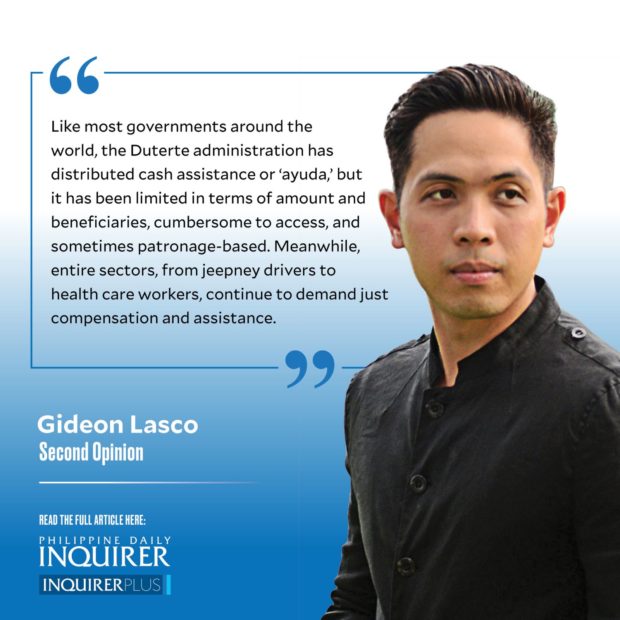Not all lockdowns are equal

Over a year and a half since the surreal news of Wuhan, China being quarantined due to the coronavirus outbreak, a common response to COVID-19 continues to be the imposition of a “lockdown,” that is, a set of rules and regulations that restrict people’s movements and activities, making them “stay at home.”
The current scientific consensus is that lockdowns are, in the words of Haug and colleagues (2020), “highly effective but causing substantial collateral damages to society, the economy, trade and human rights.” Moreover, they stress that certain policies are more effective than others—for instance, forbidding mass gatherings more than using the police to enforce quarantine rules. Thus, lest we think—and lest we be misled into thinking—that lockdowns are standard practice around the world, it is worth reminding ourselves that not all lockdowns are equal.
In the first place, they are not equal in terms of how they define what is “essential.” For instance, most countries, even in their strictest lockdown category, allow for some form of outdoor exercise. The guidance for New Zealand’s Alert Level 4, for instance, mandates the closure of most establishments but maintains that: “You can go for a walk, run or bike ride in your local area. Exercise is good for your mental health.” Similar language can be found in Mexico even in “Semáforo Rojo” or “Code Red” situations. In the Philippines, in contrast, it was an uphill battle just to get the government to recognize exercise as an essential activity; as late as this month, at the height of the latest ECQ, Metro Manila mayors banned outdoor exercise altogether.
Secondly, they are not equal in terms of who they restrict, and to what extent. During the first few months of the pandemic last year, children and the elderly were categorized as vulnerable and were especially prevented from leaving their homes. But many countries quickly realized the importance of allowing everyone regardless of age some time outside, even for a limited period. In contrast, the Philippines has continued to confine children and seniors to their homes, leading to profound physical and mental health consequences.
Thirdly, they are not equal in terms of how the rules are implemented, and how people’s rights and responsibilities are respected. Some countries have prioritized communications and engaged leadership as a way of getting people to follow public health protocols. Others, like the Philippines (alongside Sri Lanka, Indonesia, Malaysia, and Singapore as outlined by a new report by Asia Centre and Harm Reduction International), have resorted to militaristic and punitive responses such as quarantine passes and unnecessary checkpoints that only create more opportunities for the virus to spread. Add to this, the human rights abuses, from Red-tagging to outright violence, as well as the “pasaway” narrative that blames individuals, and you have a scenario where people fear the police more than the virus itself.
Fourthly, they are not equal in terms of correspondent health care actions. During the Wuhan lockdown, the Chinese government built two mega-hospitals within days, illustrating that lockdowns should serve as an opportunity to increase health care capacity, not just as means to decrease health care demand. Alas, in the Philippines, the protracted lockdowns have led to what my colleague, Dr. Josh San Pedro, and I have called the ‘covidization of the health care system’: sacrificing other important health needs—nutrition, preventive health, access to primary care—for the sake of containing the virus. In this vein, if we are to move forward, lockdowns must facilitate a massive scale-up of vaccinations instead of deterring people from getting vaccinated.
Finally, they are not equal in terms of supportive measures for the most vulnerable populations. Like most governments around the world, the Duterte administration has distributed cash assistance or “ayuda,” but it has been limited in terms of amount and beneficiaries, cumbersome to access, and sometimes patronage-based. Meanwhile, entire sectors, from jeepney drivers to health care workers, continue to demand just compensation and assistance.
These are just a few differences that should make us clamor for a better pandemic response, with experiences, good and bad, the world over to learn from. Not all lockdowns are equal—and if we must resort to one, we must do so in a way that applies the latest science in context, respects human rights in full, and upholds people’s overall health and quality of life.
—————-
glasco@inquirer.com.ph




















